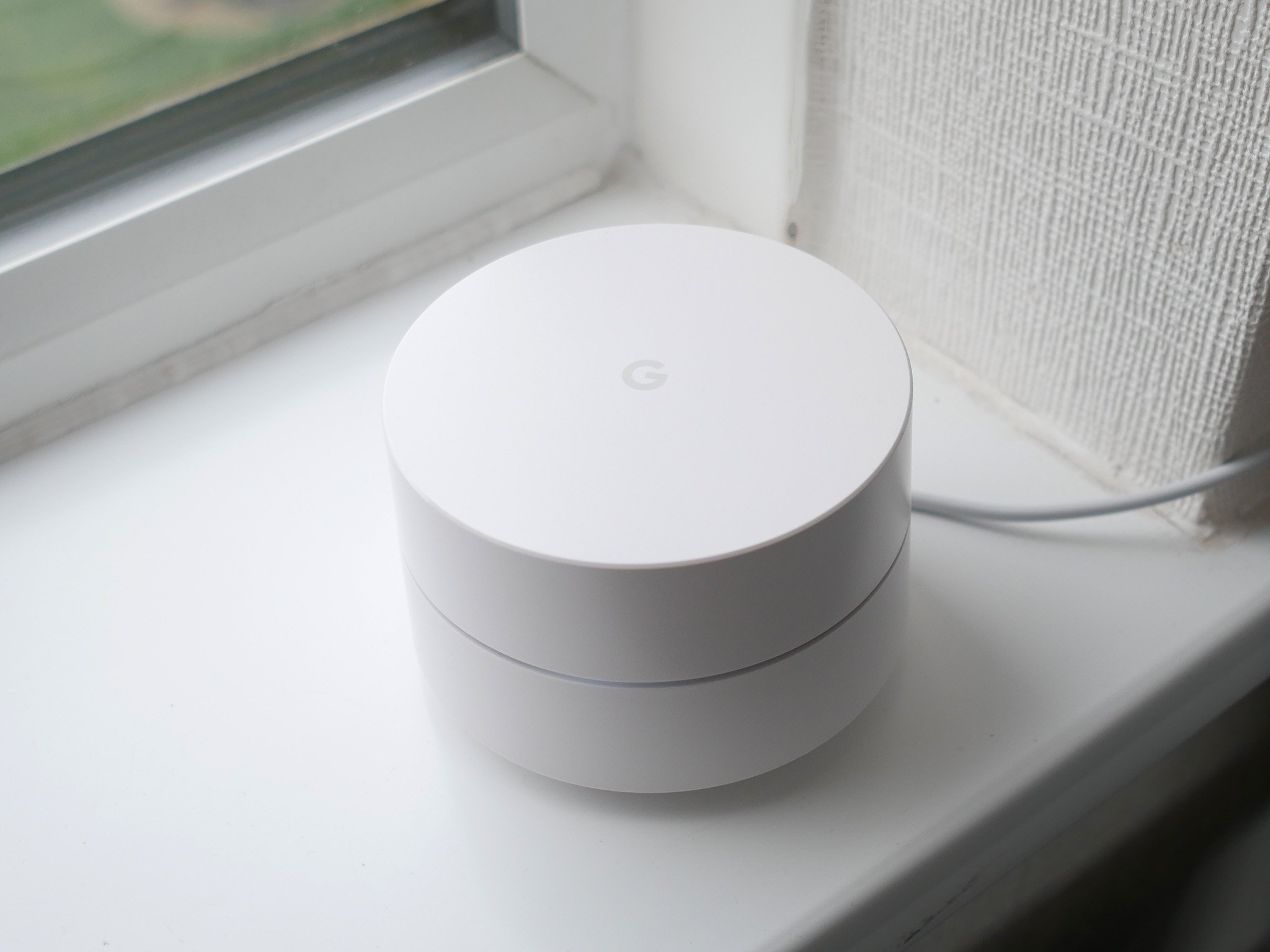Mesh Wi-Fi pros and cons
So, you're interested in a mesh Wi-Fi system for your home. Here's a quick look at some pros and cons of the technology.

Mesh Wi-Fi is something you're probably hearing more and more about, especially since some of the big players in home networking equipment are getting involved. Having a mesh system probably isn't quite what you're used to, and there are definite pros as well as cons to going this route.
Here we quickly break down some of the key points in each category.
What is mesh Wi-Fi?
This snippet from our guide on choosing the right home network for you sums it up well.
Mesh networks are a more advanced option and sport an interesting design that allows data to leap between relays to reach a specific destination. This skips a central hub or router calling all the shots. So instead of having a single point of access for all devices, a mesh network can consist of multiple relays that connect with one another and can quickly direct traffic between devices.
Nodes connect together in a mesh rather than a linear pattern. This means that all nodes can talk to all other nodes. With a router and Wi-Fi extender arrangement, each extender talks to the router but not any other extenders.
Mesh Wi-Fi pros
Better coverage
One of the main positives to a mesh Wi-Fi system is better coverage throughout your home. You're no longer relying on a router in one spot broadcasting signal throughout the entire building, but instead, a network of nodes all working together. Placing nodes throughout provides better overall coverage with less signal drop.
No single point of failure
There is no main access point in a mesh network. All nodes are alike, and while you'll still need the one connected to the broadband connection to keep working properly for internet access, the network will remain active regardless. And as they're all alike, if you encounter a problem with one node, it can easily be replaced by another.
A single network
When you're using a repeater in conjunction with a router, you end up with separate network connections, hopping potentially between different access points. Mesh networks maintain a single SSID and connection throughout, intelligently connecting you to the best node.
Get the Windows Central Newsletter
All the latest news, reviews, and guides for Windows and Xbox diehards.
Modular
A mesh network can be as big or small as you wish. Because each node is just a single module in the overall network, you can always add or take them away as is necessary. There's minimal setup involved in adding a new node, too.
Mesh Wi-Fi cons
Price
Mesh Wi-Fi solutions right now are expensive. You'll probably be able to get a good router and repeater for less than a mesh system.
Scalability
Range from each node is less than you would get from a router or an extender, and as such scaling across a large house will require a number of nodes which then comes back partly to price. Coverage will only be better if you can provide enough nodes to suit your building.
Lacks advanced features
Designed to be extremely consumer-friendly, some of the current mesh systems are somewhat lacking in features that power users might want. These include things like changing the DHCP IP, adding custom DNS or even running both a 2.4GHz and 5GHz band network. They're designed to be simple.
Speed will still suffer at extremities
If you're buying a mesh system expecting it to maintain the same internet speeds across your whole home you'll be disappointed. Wireless signal degrades the further it gets from the point of origin. Even with mesh, the signal starts at one node, with the others having to then pick that up and amplify it as it rebroadcasts. The only way to get the best speeds throughout is to use a wired network.
Bottom line on mesh Wi-Fi
Mesh Wi-Fi is very good. Its biggest pluses are helping you get much better coverage throughout your entire home with a single SSID and the ability to intelligently switch between nodes as required.
But, it's not perfect and is also expensive. Many systems are designed to be very user-friendly, but we're still in the early days of consumer-grade products. Only you can decide whether they're right for you by weighing the good against the bad, and if you're happy to pay a premium.
More: Best mesh Wi-Fi systems

Richard Devine is a Managing Editor at Windows Central with over a decade of experience. A former Project Manager and long-term tech addict, he joined Mobile Nations in 2011 and has been found on Android Central and iMore as well as Windows Central. Currently, you'll find him steering the site's coverage of all manner of PC hardware and reviews. Find him on Mastodon at mstdn.social/@richdevine
